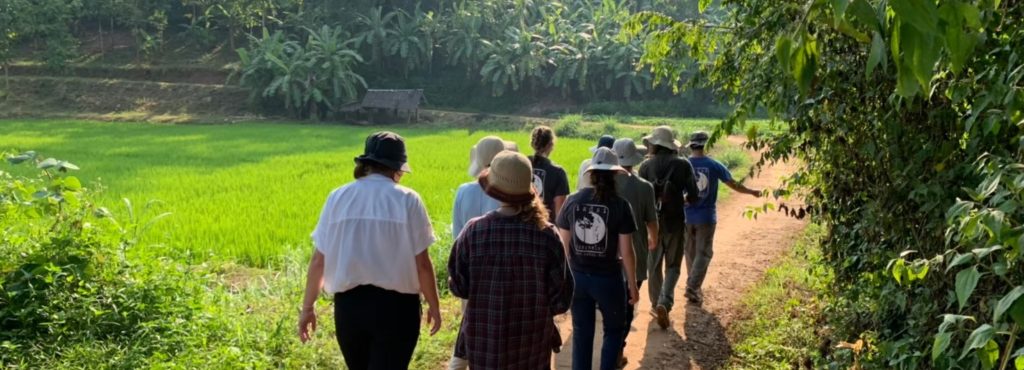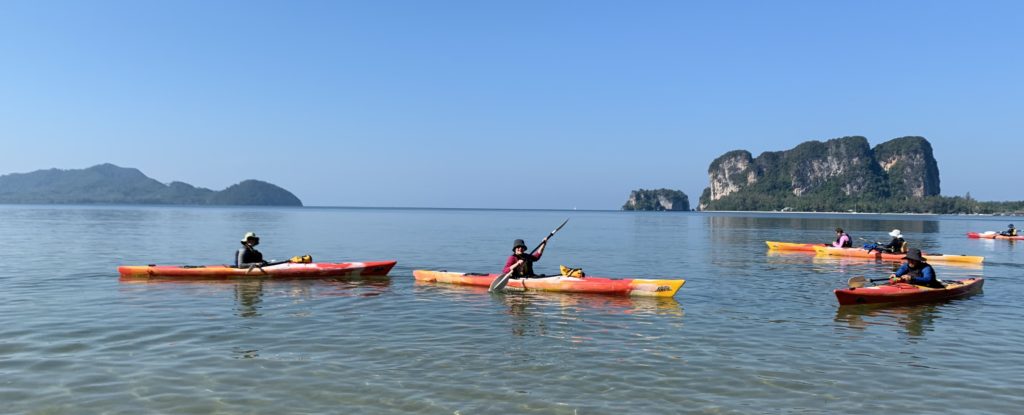Welcome to the Kalamazoo College Thailand program!
The Kalamazoo College Thailand program is a deep dive into Thai culture and language, as well as an opportunity to take unique classes about contemporary issues in Thailand and Southeast Asia.
Students on the program focus on understanding language, culture and society, and environmental studies and social justice.

Semester
Students will participate in ISDSI’s Culture, Ecology, and Community semester. This is program is highly experiential, with courses in Thailand language, sustainable food systems, forest ecology, and coast and island cultures and ecosystems. Students will spend extended time in villages, as well as hiking, backpacking, sea kayaking, and exploring Thailand.

Internship
Following the semester, students will participate in a six week internship. This internship will bring together their classroom based studies with intercultural understanding to further focus on a specific area of interest to the student.